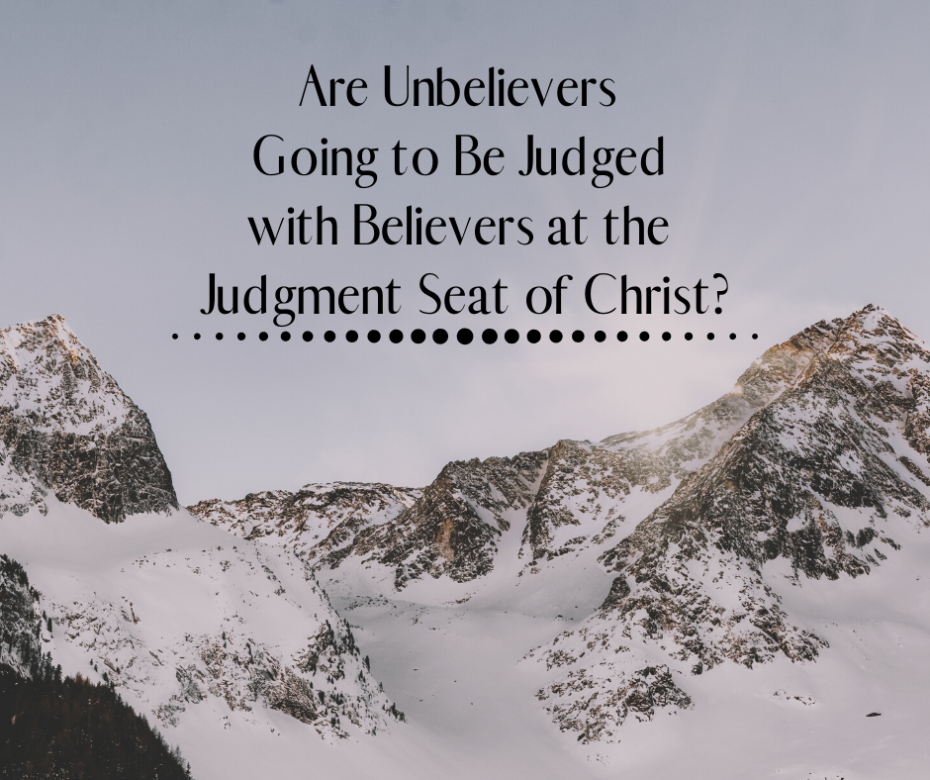A friend asked me if I saw an article by Hampton Keathley IV at the Bible.org website entitled, “The Outer Darkness: Heaven’s Suburb or Hell?” You can see it here.
I’ve known Keathley for a long time. He is a friend and a Free Grace guy.
The expression the outer darkness (or the darkness outside) only occurs three times in Scripture, all in Matthew: Matt 8:12; 22:13; and 25:30. In his article, Keathley discusses all three passages but focuses primarily on Matt 22:1-14.
His view is this: the outer darkness refers to hell in all three places, but the reason why the 1) sons of the kingdom (Matt 8:12), 2) improperly dressed wedding guest (Matt 22:13), and 3) unproductive servant (Matt 25:30) are sent to hell is not because they were unfaithful, but because they did not believe in Christ for their salvation; they instead believed that their own works would be good enough to earn them kingdom entrance. Therefore, Keathley’s view is a Free Grace view.
In my opinion, however, his view really does not fit any of the three outer darkness passages.
His main arguments are these:
- All three passages link the outer darkness with weeping and gnashing of teeth, which, he says always refers in the NT to the torment which will be experienced forever in hell (actually, the lake of fire).
- There can be no sadness or grief in heaven; hence these outer darkness passages must refer to hell.
- The expression sons of the kingdom naturally refers to unbelieving Jews.
- The improperly dressed person at the wedding represents an unbeliever who is pointing to his own works (his garments) as to the reason why he should get into the kingdom.
- The third servant in the Parable of the Talents represents an unbeliever who has not served God in his lifetime. This is seen in the fact that he did not know the Lord.
- The most natural explanation of these texts is that they refer to hell.
Michael Huber wrote a great article on the outer darkness (see here). Zane Hodges and I have written (see here) on this as well. In this blog I will merely respond, briefly, to Keathley’s six main arguments.
I find all his arguments to be unpersuasive for these reasons:
- The expression weeping and gnashing of teeth is not a technical expression that refers to hell. If it were, then it would not appear in Judgment Seat of Christ passages. Of course, Keathley thinks that Matt 25:14-20 refers to both the Judgment Seat of Christ, for the first two servants, and then 1,000 years later, the Great White Throne Judgment for the third servant. But neither of those judgments takes place in hell. Keathley fails to discuss the parallel parable in Luke 19:11-27 in which the three servants are judged first and then Jesus says, “But bring here those enemies of mine, who did not want me to reign over them, and slay them before me” (Luke 19:27). The enemies are clearly not the same as the three servants. Indeed, the enemies are not even at the judgment of the servants. They need to be transported to Christ for judgment (“bring here those enemies”). This is an insurmountable problem for Keathley’s view unless some unbelievers are called servants and are judged at the Judgment Seat of Christ and other unbelievers are called enemies and are judged at the Great White Throne Judgment.
- John says that believers who fail to abide in Christ will shrink back in shame before Christ (1 John 2:28). Shame is emotional pain. While I think the Bema occurs on earth after the Tribulation, not in heaven during it, the point is still the same. At least some believers will experience emotional pain at the Bema.
- The expression the sons of the kingdom only occurs one other time in Matthew. There it clearly refers to born again people: “The field is the world, the good seeds are the sons of the kingdom, but the tares are the sons of the wicked one” (Matt 13:38). It is true, of course, that the Lord might use the same expression in two different ways. But there is no evidence that is true in this case. In addition, Matthew is the one quoting the Lord each time, and he gives no editorial comment indicating that a change in meaning took place.
- The improperly dressed wedding guest is in the wedding. The only way to get into the wedding was to accept the invitation to the wedding (Matt 22:9-10). The parable is clear that most people rejected the invitation. Compare John 1:11-12. That the guest is in the wedding shows he is a believer. There is no hint in the parable that he was suggesting he should get into the kingdom because of his works. He certainly wasn’t touting his garments as worthy of praise. In fact, the Lord says, “he was speechless” (contra Matt 7:21-23).
- The third servant in the Parable of the Talents is at the Judgment Seat of Christ with two other servants who are rewarded believers. If he is not a believer, why is he at the Bema? And what would it mean to say that each servant was given a sum to invest “according to his own ability” (Matt 25:15). Do unbelievers have spiritual gifts and abilities? Are unbelievers given a stewardship by the Lord? The parable shows that the third servant knows the Lord. He knows the Lord would hold him accountable. He responds by doing nothing, evidently thinking he is taking the safe route. But the idea that he does not know the Lord is contrary to the passage.
- The most natural explanation of these texts is the outer darkness is a figure for shame and sadness at the Bema. It does not refer to a literal place. It certainly doesn’t refer to Hades or to the lake of fire.


